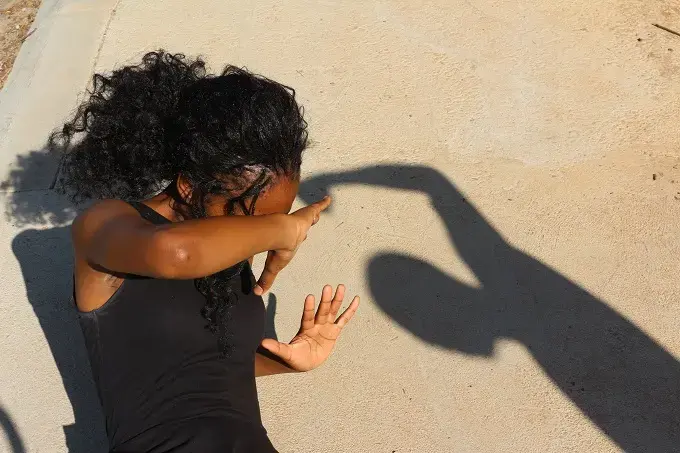Violence against women and girls is one of the most prevalent human rights violations in the world. It knows no social, economic or national boundaries and it undermines the health, dignity, security and autonomy of its victims, yet it remains shrouded in a culture of silence. Victims of violence can suffer sexual and reproductive health consequences, including forced and unwanted pregnancies, sexually transmitted infections including HIV, and even death. Worldwide, an estimated one in three women will experience physical or sexual abuse in her lifetime.
In Swaziland, gender-based violence is a persistent challenge, disproportionately affecting women and girls with approximately 1 in 3 females having experienced some form of sexual abuse by age 18 years, and 48 per cent of women reporting to have experienced some form of sexual violence in their lifetime.
UNFPA Swaziland works with the government and civil society partners to strengthen their capacity to prevent and respond to gender-based violence, including in humanitarian settings. UNFPA provides technical support for the scaling up of functional multi-sector GBV regional and national referral/response networks. The programme also supports the health sector to strengthen its capacity to effectively and efficiently respond to gender-based violence, particularly sexual violence. The government and civil society are also supported to develop, implement and promote programmes that engage men and boys in the prevention of gender based violence, HIV and the promotion of male engagement in sexual reproductive health and rights. Support to national level gender-equality policy/legislation reform is a core strategy of the current programme, with a particular focus the Sexual Offences & Domestic Violence Bill 2015 and the finalization of the National Strategy for Prevention & Response to Violence in Swaziland. UNFPA Swaziland also provides continuing technical assistance to integrate gender-based violence in national humanitarian preparedness and response plans.


